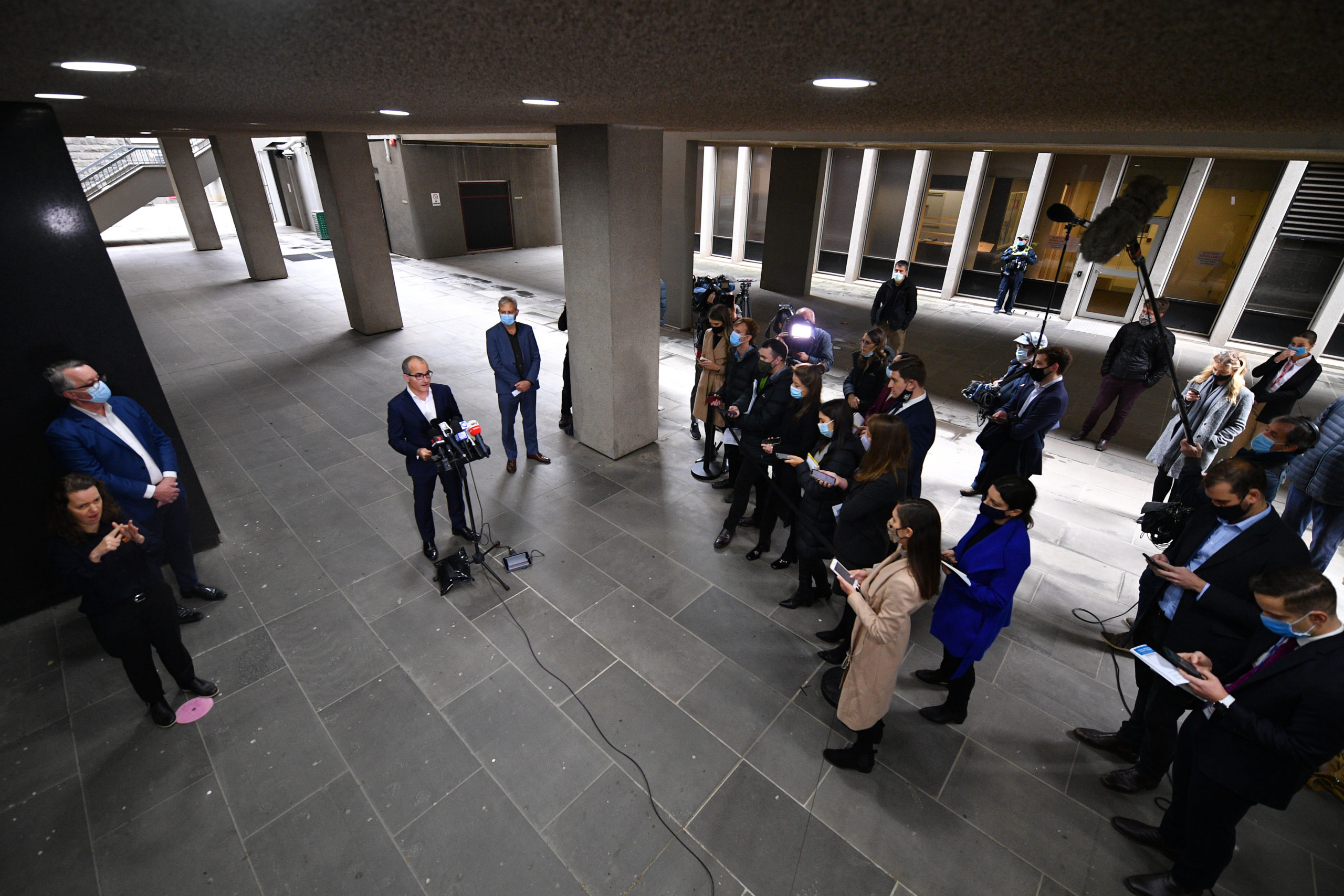Margeret , did you see this in the channel 9 news last week? Now these patches could potentially be a game-changer because lets face it, there are always going to be folks who for one reason or another, are absolutely against needles, that's just the reality.
Vaccines delivered via a painless, throw-away patch could one day eliminate the need for needle-and-syringe flu injections, researchers have revealed after completing a preliminary trial.
Equipped with micro-needles, the patches vaccinated against influenza just as effectively as a standard flu jab, researchers reported in the medical journal The Lancet.
“This bandage-strip sized patch of dissolvable needles can transform how we get vaccinated,” said Roderic Pettigrew, director of the US National Institute of Biomedical Imaging and Bioengineering, which funded the study.
A hundred tiny needles - just long enough to penetrate the skin - embedded in each patch dissolve within minutes when exposed to moisture from the body.
Adhesive holds the patch close the skin while the vaccine is released, and can be peeled away after 20 minutes and discarded.
Professor Robert Booy, of the Westmead Institute of Medical Research, has said the patch is still “three to four years” away from hitting the market, but called it “game changing”.
“It’s very exciting to have a means of giving vaccines that protects people, that’s safe and they can do it themselves,” he said.
“This work is really important, it’s changing the game.”
Mr Booy said a team in Queensland is also researching a flu patch.
“The work in Queensland is competing with the work from the US and the two groups are both doing great work,” he said.
“The Australian work has the advantage of being local and therefore able to supply the local market.”
He noted however the Australian team is working on a non-dissolving patch.
“It may be more immunogenic,” he added.
The new technology can be self-administered and stored without refrigeration, making it significantly cheaper than traditional vaccines.
In phase one clinical trials, researchers from Emory University in Georgia and the Georgia Institute of Technology randomly divided 100 adults into four groups.
Three received the micro-needle patches: one delivered by a healthcare provider; one self-administered; and the third - delivered by a nurse - a placebo without any active ingredients.
The fourth group received a classic flu jab with a syringe.
All the active flu vaccines worked equally well for at least six months, regardless of whether they were delivered by professionals or the patient, or whether they were administered by a syringe or a micro-needle.
The manufacturing cost for the patches is expected to be about the same as for pre-filled syringes.
But the patch is expected to be cheaper because it can be sent through the mail and self-administered.
In addition, it is stable for a year at 40 degrees Celsius (104 degrees Fahrenheit), and does not require refrigeration, the researchers said.
“These advantages could reduce the cost of the flu vaccine and potentially increase coverage,” said lead author Nadine Rouphael, an associate professor at Emory. “Our findings now need confirming in larger trials.”
Mark Prausnitz, a professor at the Georgia Institute of Technology, led the design of the small coin-sized patch, and is co-founder of a company that is licensing the technology.
Mr Booy said when the patch hits the market it will likely have a significant impact on the number of people getting vaccinated.
“There is a big minority of people who won’t have vaccinations in general because of needles,” he said, adding that the patch design could be applied to other forms of vaccinations.
“A product like this would boost not only flu vaccinations but it (could) apply to other diseases – could be a real boom,” he said.
“A number of diseases are being investigated for the use of these skin patches, not just influenza.
“It could easily be rolled out to children, be more palatable for children”
Now here's the video link, hope it plays outside of AU.
https://www.9news.com.au/world/pain...ab-study/4105ecb5-4584-40fa-99bb-3581ddeefa76



